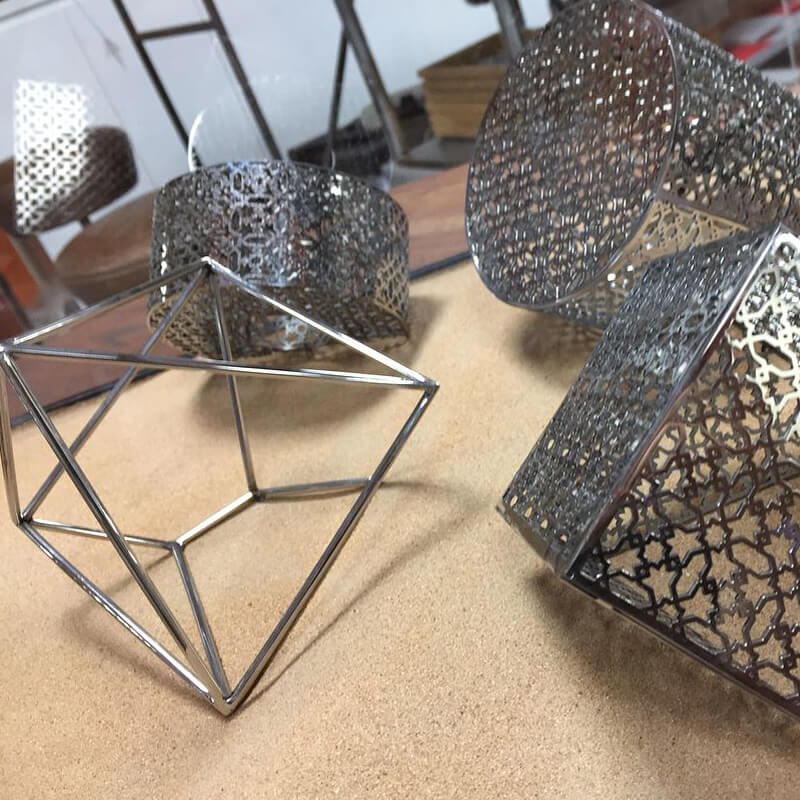The Challenges Of Metal Fabrication

Metal fabrication is an indispensable industry, shaping the very foundation of modern infrastructure, manufacturing, and construction. However, it is often perceived as a complex and enigmatic field by those unfamiliar with its intricacies. In this article, we aim to shed light on the challenges of metal fabrication, breaking down the process into comprehensible sections to demystify the complexities that lie beneath the surface. See over here to understand the role of metal fabricator in Dubai.
Welding and joining:
Welding is a fundamental process in metal fabrication. Joining metals with seamless, strong connections is vital. However, it presents challenges such as managing heat, preventing distortion, and ensuring consistent quality. Skilled welders must navigate these intricacies to avoid structural weaknesses and flaws in the final product.
Complex geometries:
Many metal fabrication projects require complex geometric shapes, which are often difficult to achieve. Working with irregular forms, tight angles, and compound curves demands innovative solutions and specialized equipment to maintain structural integrity.
Environmental factors:
Metal fabrication is not isolated from environmental concerns. The industry must address sustainability and the impact on the environment. Challenges involve managing waste, reducing energy consumption, and adopting eco-friendly practices to meet regulatory standards and satisfy ethical obligations.
Skill and expertise:
The success of any metal fabrication project relies heavily on the skills and expertise of the workforce. Skilled craftsmen and engineers are essential to navigate the intricate challenges of the industry. Continuous training and development are essential to adapt to evolving technologies and methodologies.
Meeting deadlines:
Managing project timelines is often a juggling act. Meeting client deadlines while ensuring the highest quality requires efficient project management.
Demystifying the challenges of metal fabrication unveils the complexity inherent in this industry. Material selection, precision machining, welding, complex geometries, quality control, environmental factors, and the expertise of the workforce are the cornerstones of success. By understanding these challenges and addressing them systematically, the industry can continue to push the boundaries of what are possible, delivering essential components for the modern world. Metal fabrication, while intricate, is not insurmountable, and with the right knowledge and skills, it becomes a pathway to innovation and progress in countless sectors.